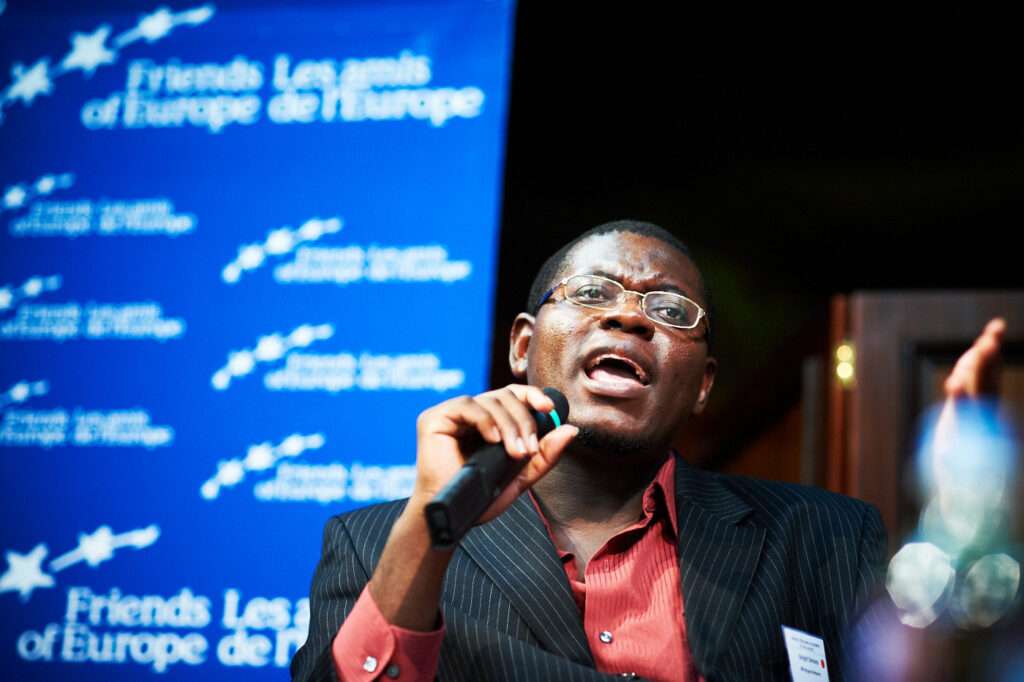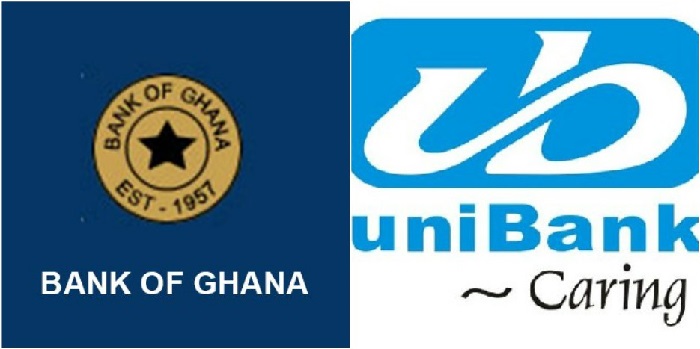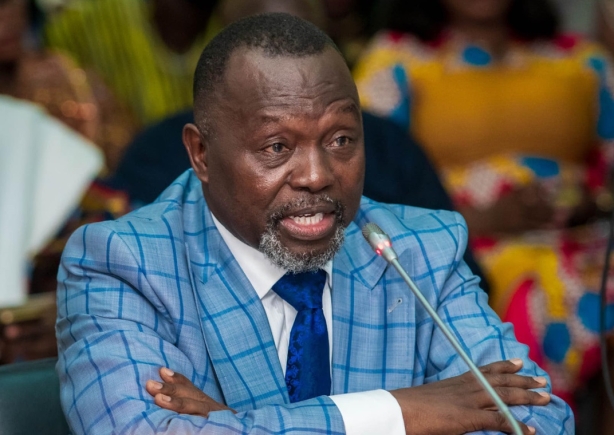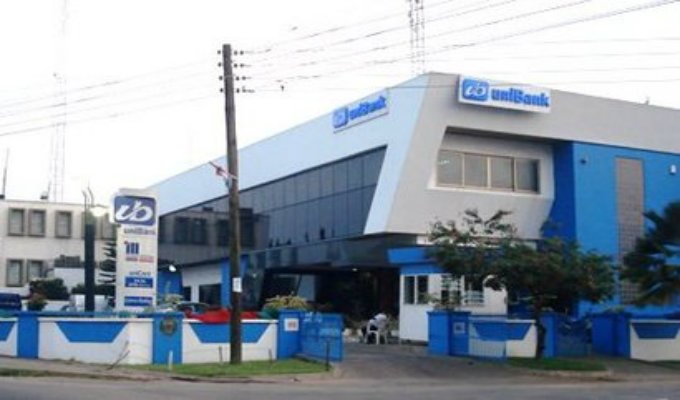The unfolding Unibank recovery process has sparked renewed public interest as analysts call into question the government’s current strategy.
Bright Simons, Vice President of IMANI Africa, has weighed in on the matter, aligning broadly with the Attorney General’s stance that the priority in the Unibank case should be the recovery of lost funds rather than imprisonment of those involved.
Simons, however, also raised important concerns about how much the State is actually recovering—and whether more could have been achieved.
“Any negotiation to recover money, however, a major focus should be on how much the accused has enriched themselves from whatever conduct they are accused of. In the common law, this principle approximates the notion of ‘unjust enrichment.’
“For me, the simple question is: could Ghana have squeezed more than $60 million from the former majority shareholders (“owners”) of Unibank? I say $60 million, rather than the headline $160 million, because $100 million of the purported recovery is to come from basically the same effort that the receivers have been struggling with: recovery from bad debtors.”
Bright Simons
From his analysis, nearly $2 billion in deposits and creditor funds flowed through Unibank before the government took over its management in March 2018.
Of this amount, around $800 million was directed to entities reportedly controlled by the bank’s owners, all under the label of advances. These transfers, according to forensic audits, formed the financial backbone of the controversy.
Simons indicated that many of the companies involved—over 30 in number—were directly affiliated with the Unibank owners.
Among the main beneficiaries were NUMA, House of Duffour (HODA), Unisecurities, and Yaw Addo Developments.

Simons noted that some of these financial distributions were backed by credits that lacked any real monetary substance, an issue the Attorney General also described when addressing the problem of “fictitious entries”.
He added that despite the controversy, companies like NUMA and HODA are still operational and own significant assets, suggesting potential sources for additional recovery.
Beyond those, firms like UniPrecision—now renamed and entangled in new legal issues—and Alban Logistics also received considerable sums.
Former Unibank CEO Linked To Unsecured $16M Loans
Notably, Bright Simons further observed that the then-CEO of UniBank, who also chaired the board, personally authorized a $16 million credit facility to these firms without collateral. Forensic auditors flagged these as “off-balance-sheet” transactions.
He also pointed out a broader institutional failure in Unibank’s lending practices. At the time the state assumed control, nearly 70% of the bank’s collateral was unperfected, meaning it could not be legally or practically used to recover defaulted loans.

This lack of legal assurance, according to analysts, is not surprising given that many of the beneficiaries were closely tied to the bank’s ownership.
“Consider also the $25 million borrowed by Unibank from Afreximbank to on-lend to BOST and another logistics company. The money, according to forensic auditors, never got to them. About $15 million or so was used to buy a foreign insurance company, but not for Unibank. The owners rather took control.”
Bright Simons
More examples of questionable transactions were shared by Simons, such as overbilling for security services. Topp Core Security, another company linked to the ownership, allegedly charged for 36 guards while deploying only 16.
Similarly, Unibank’s acquisition of Meridian House—located in a prime area on Ring Road Central—for over $5 million, was later handed over to StarLife at what auditors estimate to be less than a quarter of its value.

These transactions raise serious concerns about the adequacy of the recovery strategy. Simons argued that the true value extracted from Unibank by affiliated entities could reach tens of millions of dollars more than what has been publicly acknowledged.
As a result, he raised concerns about the rationale behind opting for asset takeovers—especially in the form of undeveloped lands and unvalued buildings—rather than aggressively seeking direct financial restitution.
He emphasized that without verified valuations, relying solely on such physical assets may significantly undervalue the scale of losses incurred and ultimately shortchange the state in its recovery efforts.
“The government should immediately engage a REPUTABLE firm to represent the country’s best interest in these recovery negotiations if the AG is too politically conflicted to pursue.”
Bright Simons
READ ALSO: UN Condemns ADF Over Church Vigil Killings























